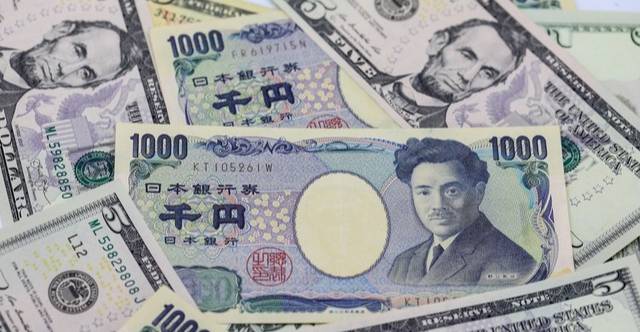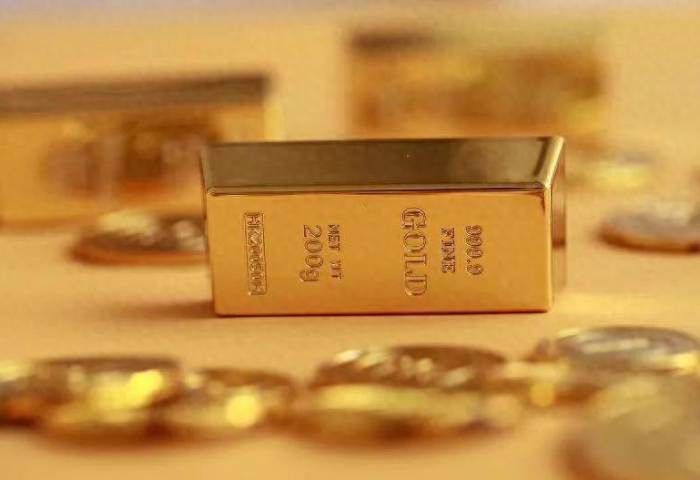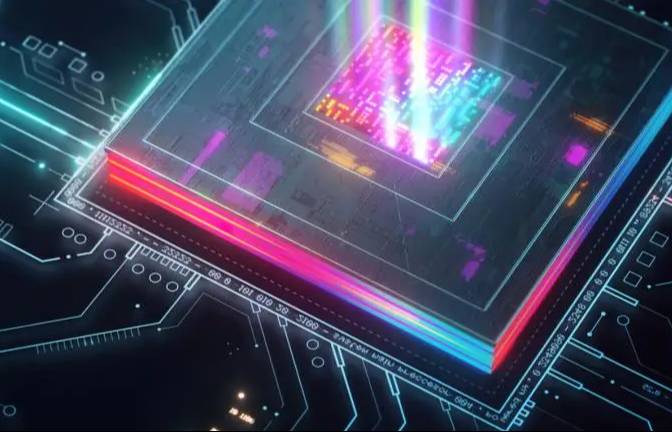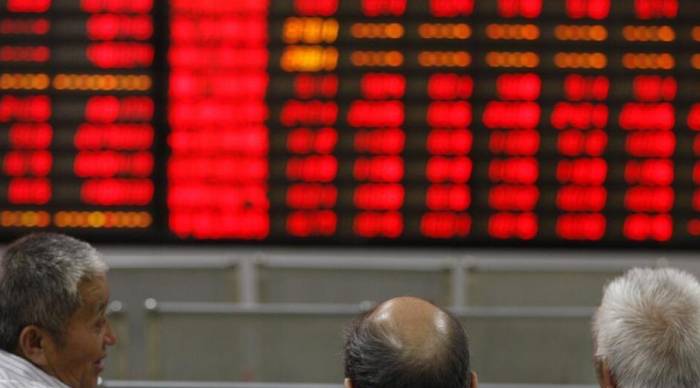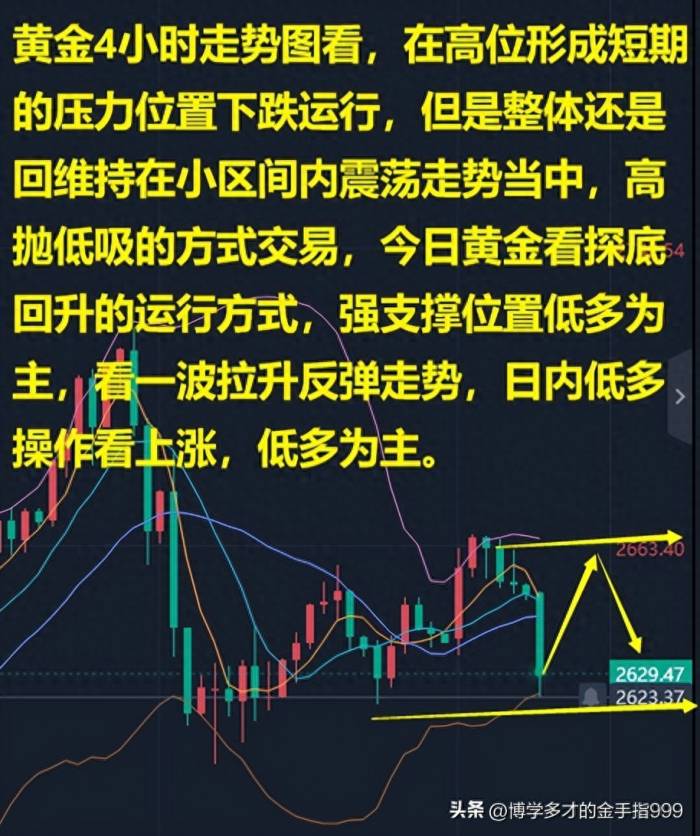When we contemplate what characteristics define a typical Japanese company, we invariably enter a nuanced and layered discourse. This contemplation often evokes a general understanding that the aesthetic and material qualities of Japanese manufactured goods manifest a certain ethos—one that, at its most basic, inclines towards creating products that are "light, thin, short, and small." While this adage holds some validity, particularly as we consider the post-1980s landscape, the narrative has evolved significantly in the 21st century. Here, one must also embrace concepts like "high" and "precise." The "high" denotes a continuous elevation in technological sophistication, while "precise" underscores Japan’s pronounced competitive edge in sectors that value meticulous and intricate craftsmanship.
Indeed, since the dawn of the new millennium, Japan's failure to promptly leverage the internet revolution has precipitated the decline of numerous industries and once-revered corporations. Yet amidst this downturn, sectors characterized by precision, such as fine chemicals and precision instruments, have allowed Japanese firms to retain their significant global stature.
A remarkable case exemplifying this prowess is Hitachi High-Tech Corporation, which recently celebrated its 60-year presence in the Chinese market in a gala held in Shanghai. This firm operates across various sectors within China, including semiconductors, healthcare, scientific instruments, and industrial solutions. According to their official doctrine, they aim to maximize their technological core founded on the principles of "observation, measurement, and analysis." This alignment with precision fundamentally shapes their competitive advantage.
The Chinese market has tangibly felt the impact of Hitachi High-Tech's contributions. In the realm of scientific research, their electron microscopes have garnered recognition as the preferred choice among numerous Chinese research institutions and universities. In the healthcare sector, their automated blood biochemistry analyzers have found their way into over 12,000 hospitals, with a significant concentration in major hospitals—an indication of their market penetration in medical technology. Moreover, in the semiconductor testing domain, their high-resolution CD-SEM measurement devices lead in market share, signaling their dominance.
Hitachi High-Tech's technology exemplifies precision remarkably within the context of water quality management projects in Jiaxing, Zhejiang. Since 2016, the company has played a pivotal role in addressing the chronic challenge of poor water quality in upstream sources. In a showcase of significant accomplishments reported by CCTV's investigative program, the deployment of Hitachi High-Tech's fluorometric spectrophotometers underscored their technological advantage. These devices boast heightened sensitivity and an extensive wavelength range, enabling the detection of subtle fluorescence signals in samples, even at extremely low concentrations. With a scan speed reaching up to 60,000 nanometers per minute, they gather sample data efficiently, equipping research teams with reliable water quality metrics to guide decision-making.
Another salient trait of Japanese firms, especially Hitachi High-Tech, is their dedication to robust market research. This commitment distinctly sets them apart from their American counterparts. Steve Jobs famously stated that “consumers don’t know what they want until we show it to them,” a claim interpreted by many as a dismissal of market research. Discussions surrounding the implications of such a statement have sparked significant debate.
However, few Japanese business leaders publicly endorse this perspective. As aptly articulated by Takashi Iizumi, President of Hitachi High-Tech, "It is meaningless to isolate yourself in the company lab, without understanding the customers' concerns." This quotation aptly encapsulates the prevailing Japanese ethos that prioritizes market research and customer engagement.
Founded in 1947 as a trading company focused on advanced industrial sectors, Hitachi High-Tech has cultivated considerable market research and marketing capabilities over the decades. Through persistent trade activities, the company has established a global marketing network. Iizumi emphasized that Hitachi’s marketing transcends mere sales; it involves frontline sales personnel immersing themselves in clients' environments to identify challenges, diagnose issues, and offer solutions collaboratively.
The ethos of valuing market research and accurately tapping into market demand has been a consistent theme throughout Hitachi High-Tech's journey in China. In the 1960s, their Hong Kong office primarily sold semiconductor transistors as these components were integral to the burgeoning radio market, which began to gain traction in Chinese households. As we ventured into the early 21st century, agricultural product safety became a pressing issue for Chinese society and its government. Hitachi High-Tech responded by becoming a major supplier of analytical testing instruments for detecting pesticide and hormone residues. Currently, with the rise of China’s electric vehicle sector, Hitachi High-Tech aims to provide instruments for enterprises and research institutions involved in battery production and studies. Their optimism lies in contributing throughout the entire battery value chain—from production, usage, to lifecycle detection—paving the way for the revitalization and recycling of valuable components.
The tangible outcomes of such strategies have been commendable. For the fiscal year 2023, Hitachi High-Tech Corporation reported a global sales figure of 670.4 billion yen (approximately 32 billion RMB), with close to 20% of that revenue derived from the Chinese market.
Furthermore, Hitachi High-Tech encapsulates another defining attribute of Japanese corporations: a commitment to long-term perspective. This notion of “long-termism” reflects the reality that Japan’s venture capital landscape has historically trailed behind that of the United States. While structural and market dynamics play a role, cultural nuances undoubtedly contribute. In Japan, the pursuit of fast profits is often viewed unfavorably; rather, the value of sustained effort and long-term investment is esteemed. This philosophy resonates within the corporate sphere, where typical Japanese companies are committed to persistently exploring long-term ventures within specific industries and dedicatedly cultivating pivotal markets over extended periods.
In reflecting upon the meaning of “60 years in China,” Iizumi remarked, “The journey parallels my own age. Over these six decades, we have encountered numerous challenges—we could say that our history largely consists of addressing various societal issues alongside our Chinese clients. Through this journey, we have forged robust mutual trust.” His sentiments reflect genuine emotion. In today's context, for a leader of a foreign enterprise to express such heartfelt sentiments is not just commendable; it is a sentiment worthy of appreciation and respect in the eyes of the Chinese populace.


